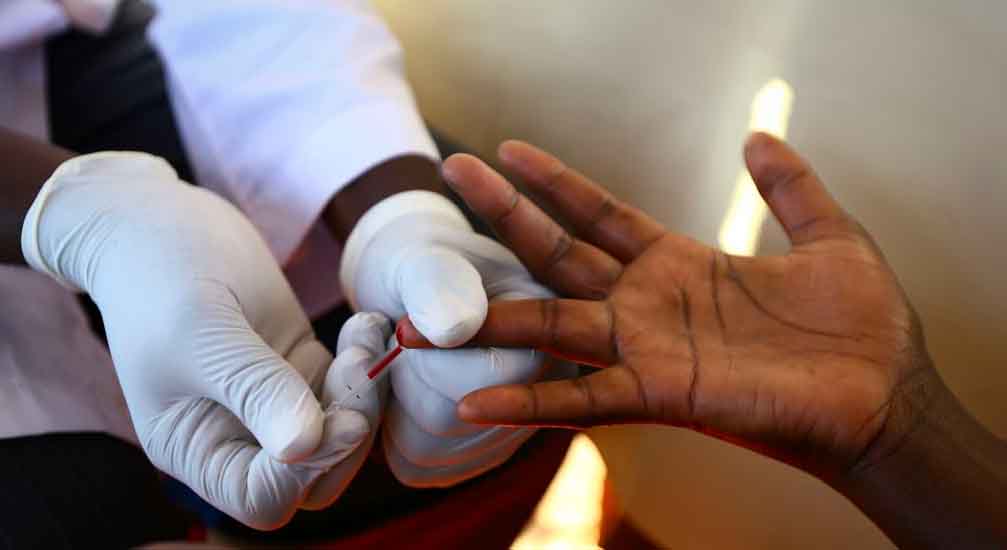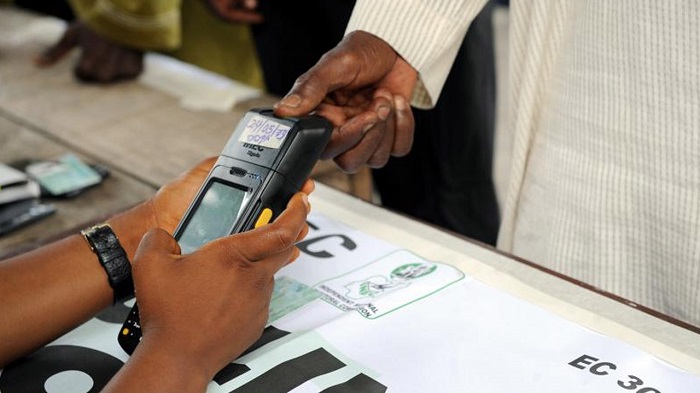Medical experts revealed the discovery of a Human Immunodeficiency Virus (HIV) antibody that can suppress the virus for up to six months without additional treatment.
The study result, which was released at the 25th Conference on Retroviruses and Opportunistic Infections in Boston, lend a clue to approaches that try to achieve sustained, drug-free viral remission in people living with HIV.
Being partly supported by the U.S. National Institute of Allergy and Infectious Diseases (NIAID), the research may have targeted the viral reservoir, populations of long-lived, latently infected cells that harbour the virus and that lead to resurgent viral reproduction when suppressive therapy was stopped.
Director of NIAID, Anthony Fauci, postulated that HIV thrives at evading the immune system of living beings by hiding out in certain immune cells.
“The virus can be suppressed to very low levels with antiretroviral therapy, but quickly rebounds to high levels if a person stops taking medications as prescribed.”
“The findings from this early stage research offer further evidence that achieving sustained viral remission without daily medication might be possible,” Fauci added.
The new study involved dozens of monkeys, that were injected with a broadly neutralising antibody to HIV combined with an immune stimulatory compound.
The researchers from Beth Israel Deaconess Medical Center infected 44 rhesus macaques with simian human immunodeficiency virus (SHIV), an HIV-like virus commonly used in nonhuman primate studies.
They then initiated daily antiretroviral therapy (ART) during acute infection to suppress the virus to below detectable levels in the monkey blood.
At the end of a 96-week treatment, the experts separated the monkeys into four equal groups and continued administering ART for 16 additional weeks, with the aim of determining whether the combination of HIV antibody and immune stimulant could decrease the viral reservoir while virus replication was well controlled by the ART.
After stopping the administration of ART, the virus rebounded in the blood of all 11 monkeys that neither received HIV antibodies or immune stimulant after a median of 21 days.
The researchers also said six of 11 monkeys that received the therapy combination displayed a tardy viral rebound after a median of 112 days and five others of the 11 did not rebound for at least 168 days.
“Our findings suggest that the development of interventions to activate and eliminate a fraction of the viral reservoir might be possible,” said Dan Barouch, principal investigator of the study.
The researchers said compared with the antiretroviral therapy which needs to be taken daily, antibodies to HIV tend to last longer in the body and have shown promise for longer-acting HIV therapeutics and prevention modalities.


















